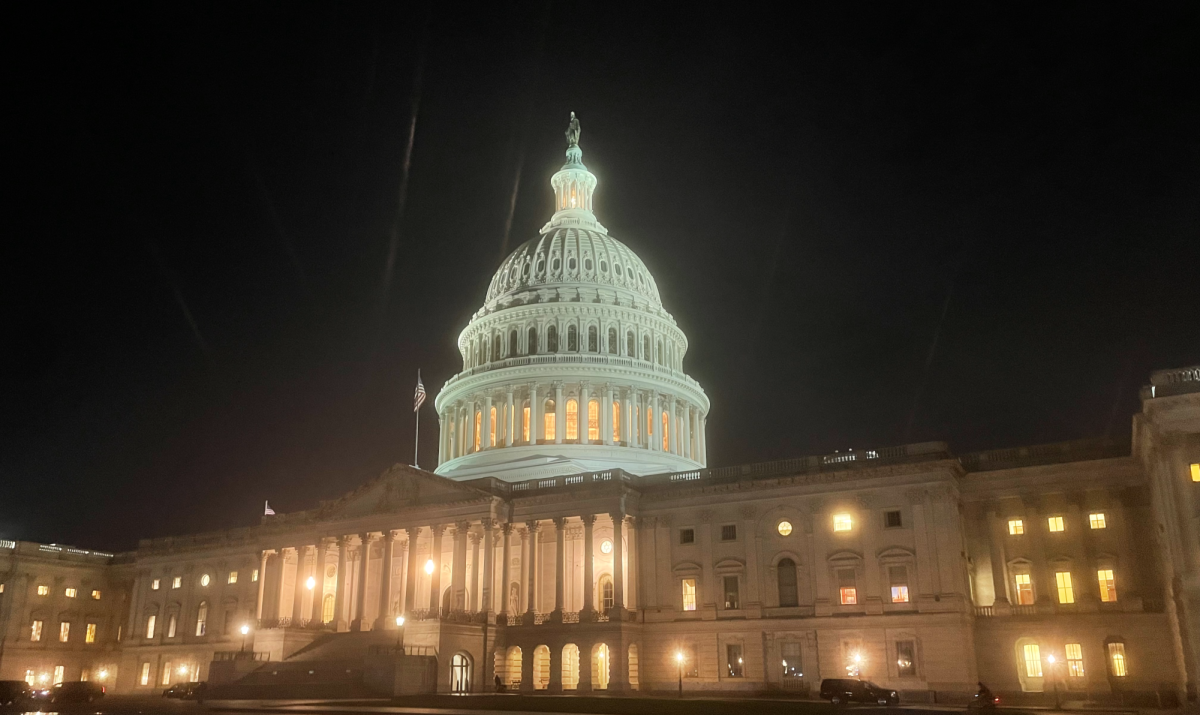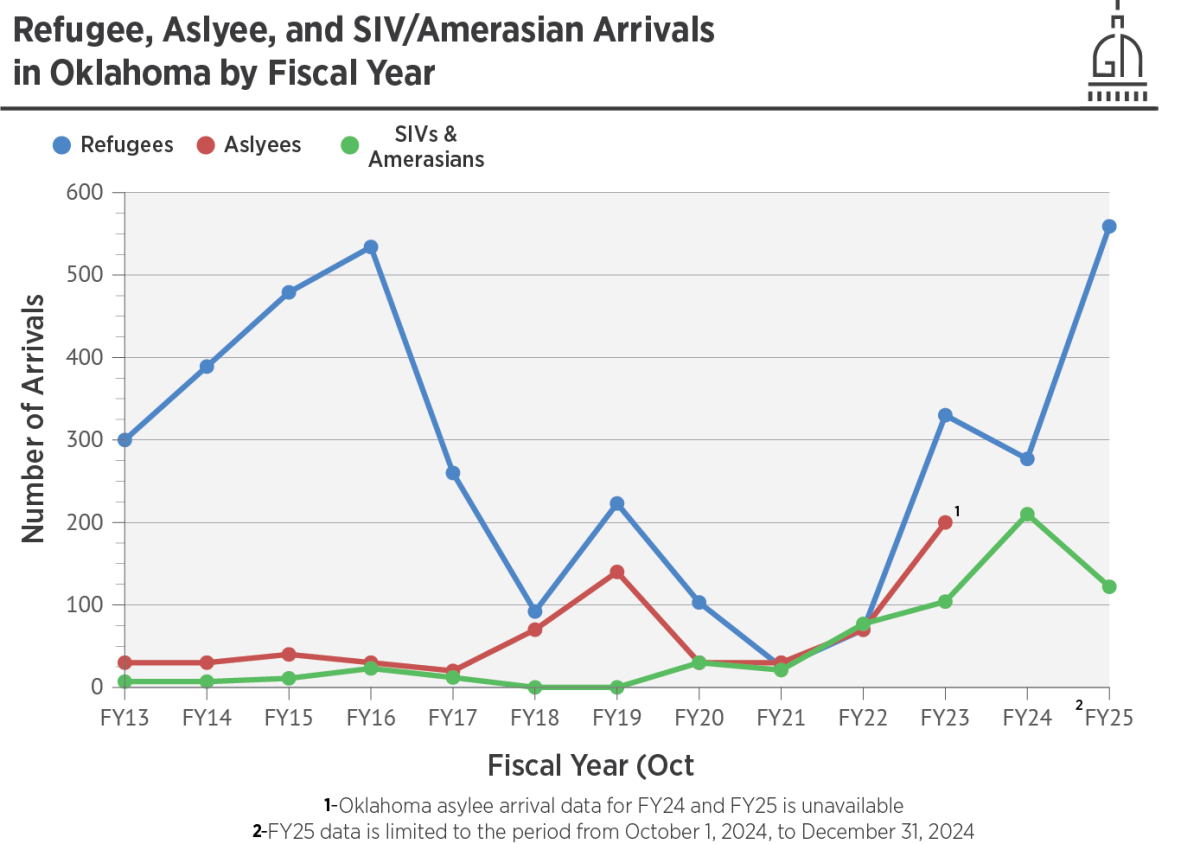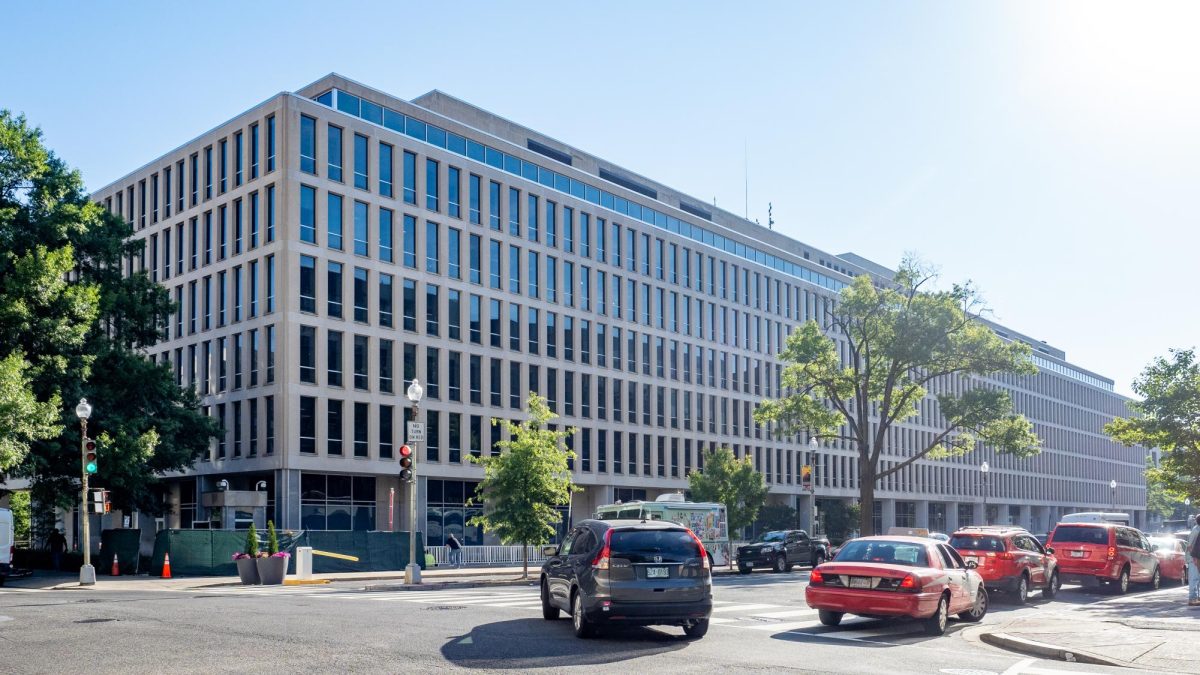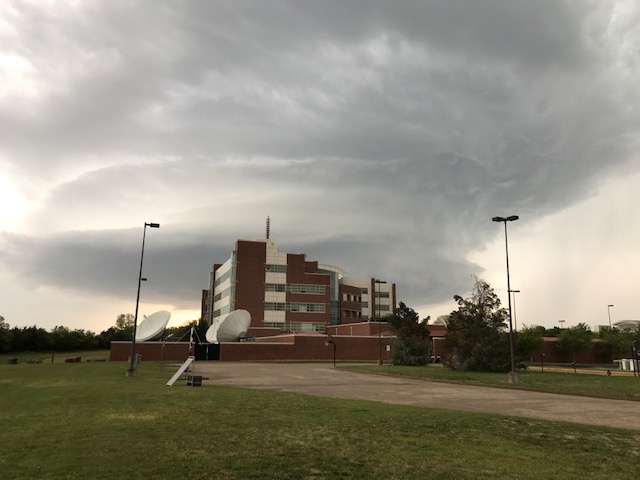WASHINGTON – Narrowly avoiding the September’s stopgap spending bill expiration, Congress passed a new spending bill to keep the government open until March 14, 2025.
The legislation called a continuing resolution, contains a one-year extension of the 2018 farm bill, $110 billion in disaster relief–including nearly $21 billion for farmers–and $10 billion in economic assistance for farmers facing market losses.
“In the wake of many natural disasters and a difficult farm economy, our farmers and ranchers are in dire need of economic assistance,” House Appropriations Committee Chairman Rep. Tom Cole (R-Moore) said. “While there is still a long road ahead for recovery efforts and rebuilding, this aid will mark a vital step forward.”
Also included in the CR is language that prohibits the Grazinglands Research Laboratory, located at Fort Reno in El Reno, from being deemed “excess or surplus Federal property” or otherwise transferred until Sept. 30, 2025.
In April, Gaylord News reported that the land originally belonged to the Cheyenne and Arapaho Tribes but their efforts to get the land back have continuously been blocked.
The legislation passed the House with bipartisan support under a suspension of the rules vote which requires a two-thirds majority. The CR passed 366 to 34 with one “present” vote.
170 Republicans voted yes with 34 voting no. 194 Democrats voted yes with none voting against the CR, which was put forth by House Republican leadership.
Oklahoma Reps. Cole, Frank Lucas (R-Cheyenne), Stephanie Bice (R-Oklahoma City) and Kevin Hern (R-Tulsa) voted for the CR.
“A government shutdown would mean our servicemembers would be forced to go without pay during Christmas and the holiday season,” Bice said in a statement. “I could not in good conscience allow that to happen.”
Rep. Josh Brecheen (R-Ada) voted against the CR.
In a statement, Brecheen blamed spending increases and a lack of spending cuts.
Brecheen previously told Gaylord News he would like to see a CR that included the SAVE Act which was a sticking point for members of the House Freedom Caucus during the September CR fight.
“I think it makes a whole lot of sense to tie that to a CR,” Brecheen said about the SAVE Act.
The SAVE Act requires individuals to provide documentation proving they are US citizens when registering to vote in federal elections.
It is illegal, and rare, for non-citizens to vote in federal elections.
“Remember, if you vote no on this bill, you are effectively voting to shut down the government. If you vote no on this bill, you are effectively voting to deny assistance to Americans who suffered enormously from natural disasters,” Cole said during debate on the floor Friday evening. “If you vote no on this bill, you are effectively voting not to help rural Americans in a time of crisis on our farms and ranches.”
In the Senate, the bill passed 85 to 11.
Oklahoma Senators James Lankford (R-Oklahoma City) and Markwayne Mullin (R-Westville) voted for the CR.
Although he voted yes, Lankford did so begrudgingly.
“Stopgap funding isn’t a real solution – it’s a sign of a broken Congress,” Lankford said in a statement.
A long road to funding
Congress was able to pass Friday’s CR after multiple pressure campaigns, a failed vote and a failed bipartisan, and bicameral agreement.
On Thursday evening, House Republican leadership put forth a version of the CR that was nearly identical to Friday’s CR other than its inclusion of a two-year suspension of the debt ceiling.
The CR proposed on Thursday was backed by President-elect Donald Trump.
“SUCCESS in Washington,” Trump wrote on Truth Social.
Success was short-lived. Thursday’s vote failed dramatically, 174-235 with one present vote and 20 members absent. 172 Republicans and two Democrats voted in favor.
38 Republicans, including Brecheen, voted no.
The inclusion of the debt ceiling suspension was the result of a pressure campaign from President-elect Donald Trump.
“Increasing the debt ceiling is not great, but we’d rather do it on Biden’s watch,” Trump wrote on Truth Social. “If Democrats won’t cooperate on the debt ceiling now, what makes anyone think they will do it in June?”
While a debt ceiling increase, or suspension, is not part of the CR passed Friday, NOTUS reported that House Republicans have reached a handshake agreement to raise the debt ceiling. To appease hardline Republicans, raising the debt ceiling may include $2.5 trillion in cuts to government spending.
Trump, along with Elon Musk, Vivek Ramaswamy and Vice President-elect JD Vance, derailed a Tuesday evening version of the CR that was agreed upon by Democratic and Republican leadership in both chambers.
Musk and Ramaswamy took issue with the length of Tuesday’s CR, which was 1,547 pages. The version passed Friday is 118 pages. The pair also took issue with several additions to the CR, including a cost of living adjustment for lawmakers which would have bumped their pay from $174,000 to $180,600.
The cost of living adjustment did not make it into the version passed Friday evening.
Kevin Eagleson is reporting from Gaylord News’ Washington bureau this fall as part of an OU Daily scholarship.
Gaylord News is a reporting project of the University of Oklahoma Gaylord College of Journalism and Mass Communication. For more stories by Gaylord News go to GaylordNews.net







